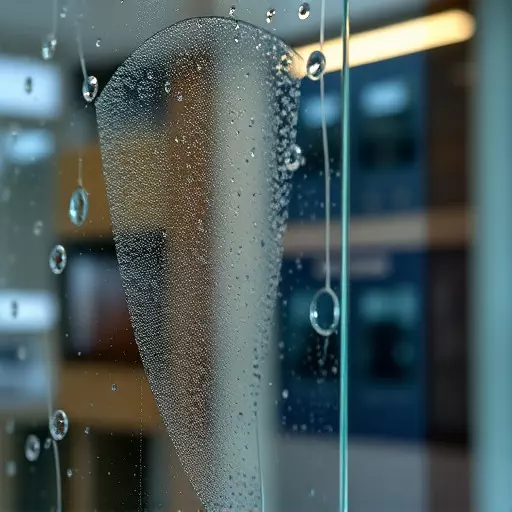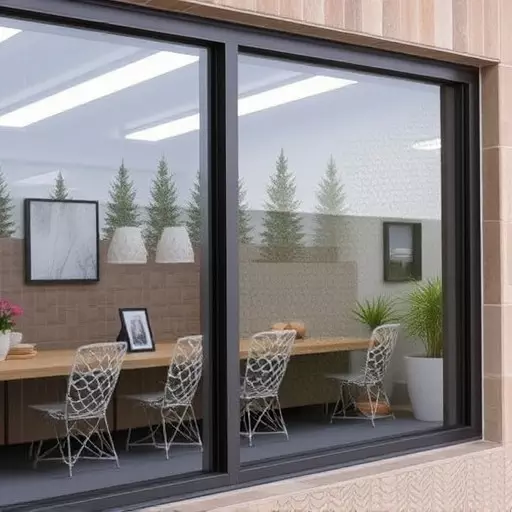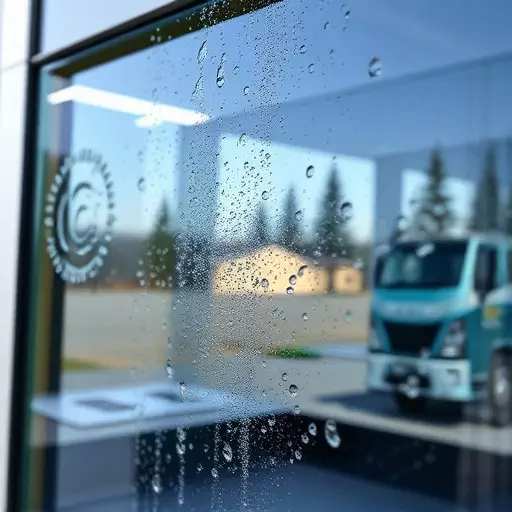Anti-corrosion glass treatments in Lake Orion, Michigan, are vital for preserving the clarity and integrity of windows and glass structures. Specialized coatings create protective barriers against water, moisture, salt, and extreme temperatures, ensuring longer lifespans for residential and commercial properties. Popular methods include sol-gel coatings and ceramic coatings, with ongoing advancements in nanotechnology leading to eco-friendly, biodegradable solutions. Effective application processes involve meticulous preparation and tailored coatings, resulting in clear, strong, and aesthetically pleasing glass surfaces that offer unparalleled protection against corrosion.
- Understanding Marine Corrosion and Its Impact on Glass Structures
- The Role of Anti-Corrosion Coatings in Protecting Coastal Properties
- Types of Glass Coating Technologies for Corrosion Resistance
- Benefits of Choosing Corrosion-Resistant Glass Coatings for Lake Orion, MI
- Application Process: Ensuring Optimal Protection for Marine Glass Surfaces
- Case Studies: Successful Implementation in Lake Michigan's Ecosystem
- Future Trends and Innovations in Anti-Corrosion Glass Treatments
Understanding Marine Corrosion and Its Impact on Glass Structures
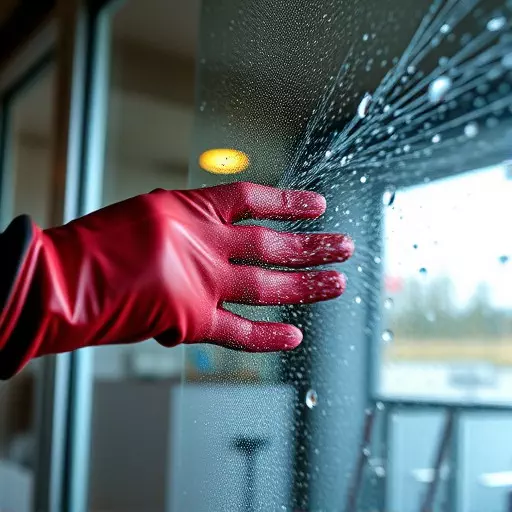
The Role of Anti-Corrosion Coatings in Protecting Coastal Properties
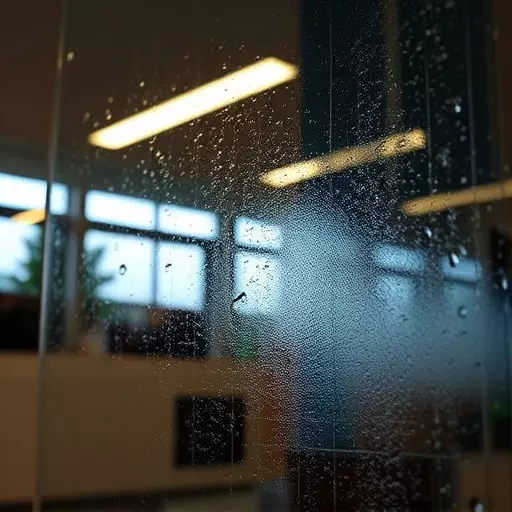
Anti-corrosion glass treatments play a pivotal role in safeguarding coastal properties and infrastructure in regions like Lake Orion, Michigan, where water bodies are prone to harsh chemical interactions. These specialized coatings are designed to create a protective barrier on glass surfaces, preventing corrosion and erosion caused by the marine environment. By implementing corrosion-resistant glass coatings, buildings, bridges, and other structures can significantly extend their lifespan, reducing maintenance costs and minimizing structural damage over time.
The effectiveness of these treatments lies in their ability to repel water, prevent moisture penetration, and shield against chemical attacks from salt water and other pollutants. In Lake Orion, where the unique aquatic ecosystem presents specific challenges, advanced glass anti-corrosion protection technologies are essential. This proactive approach ensures that coastal landmarks remain intact, enhancing both aesthetic appeal and functional integrity for years to come.
Types of Glass Coating Technologies for Corrosion Resistance

In the quest for durable and long-lasting solutions in marine environments, anti-corrosion glass treatments have emerged as a critical component. Lake Orion, Michigan, has seen significant adoption of these innovative technologies to protect against the harsh effects of salt water, moisture, and extreme temperatures. Among the various glass coating technologies available, each offers unique advantages for different applications.
Two prominent categories include sol-gel coatings and ceramic coatings. Sol-gel treatments provide an excellent barrier against corrosion due to their ability to fill microscopic gaps in the glass surface, forming a protective layer that prevents moisture penetration. Ceramic coatings, on the other hand, are known for their superior hardness and chemical resistance, making them ideal for high-wear areas. These advanced anti-corrosion glass treatments not only safeguard marine structures but also enhance their aesthetics, ensuring boats, windows, and fixtures remain pristine and functional for years to come, in even the toughest lake Orion Michigan conditions.
Benefits of Choosing Corrosion-Resistant Glass Coatings for Lake Orion, MI

Application Process: Ensuring Optimal Protection for Marine Glass Surfaces

The application process of anti-corrosion glass coatings for marine environments is a crucial step in ensuring optimal protection for glass surfaces exposed to harsh conditions. These treatments, specializing in lake Orion Michigan, go beyond conventional coating methods by employing advanced technologies to create a durable barrier against corrosion and environmental stressors. The process begins with thorough preparation, involving cleaning the glass to remove any contaminants and ensuring a smooth surface for maximum adhesion of the protective layer.
Post-preparation, specialized coatings are applied using meticulous techniques, catering specifically to marine applications. These coatings are designed to resist not only corrosion but also UV radiation, temperature fluctuations, and other adverse factors prevalent in lake environments. The result is a glass surface that retains its clarity, strength, and aesthetics while providing unparalleled protection against the elements, thus extending the lifespan of marine structures and equipment in Lake Orion, Michigan.
Case Studies: Successful Implementation in Lake Michigan's Ecosystem

Future Trends and Innovations in Anti-Corrosion Glass Treatments

The future of anti-corrosion glass treatments looks promising with continuous innovations in materials science and nanotechnology. Researchers are exploring new ways to enhance glass’ natural resistance to corrosion, focusing on developing advanced coatings that can withstand the harsh conditions of marine environments. One emerging trend is the use of nano-composite materials, which combine glass with nanometre-sized particles to create a robust barrier against moisture, salt, and other corrosive substances. These innovative coatings not only offer superior protection but also provide enhanced durability and long-term performance.
Additionally, there is a growing interest in environmentally friendly anti-corrosion solutions, driven by the need for sustainable marine infrastructure. Scientists are investigating bio-inspired materials and biopolymers that can mimic nature’s protective mechanisms. Such treatments could offer not only effective corrosion resistance but also biodegradability, making them a game-changer in the industry. With these future trends, glass structures in lake Orion Michigan and other coastal areas can expect enhanced longevity and reduced maintenance costs, ensuring better protection against corrosion-related damage.
